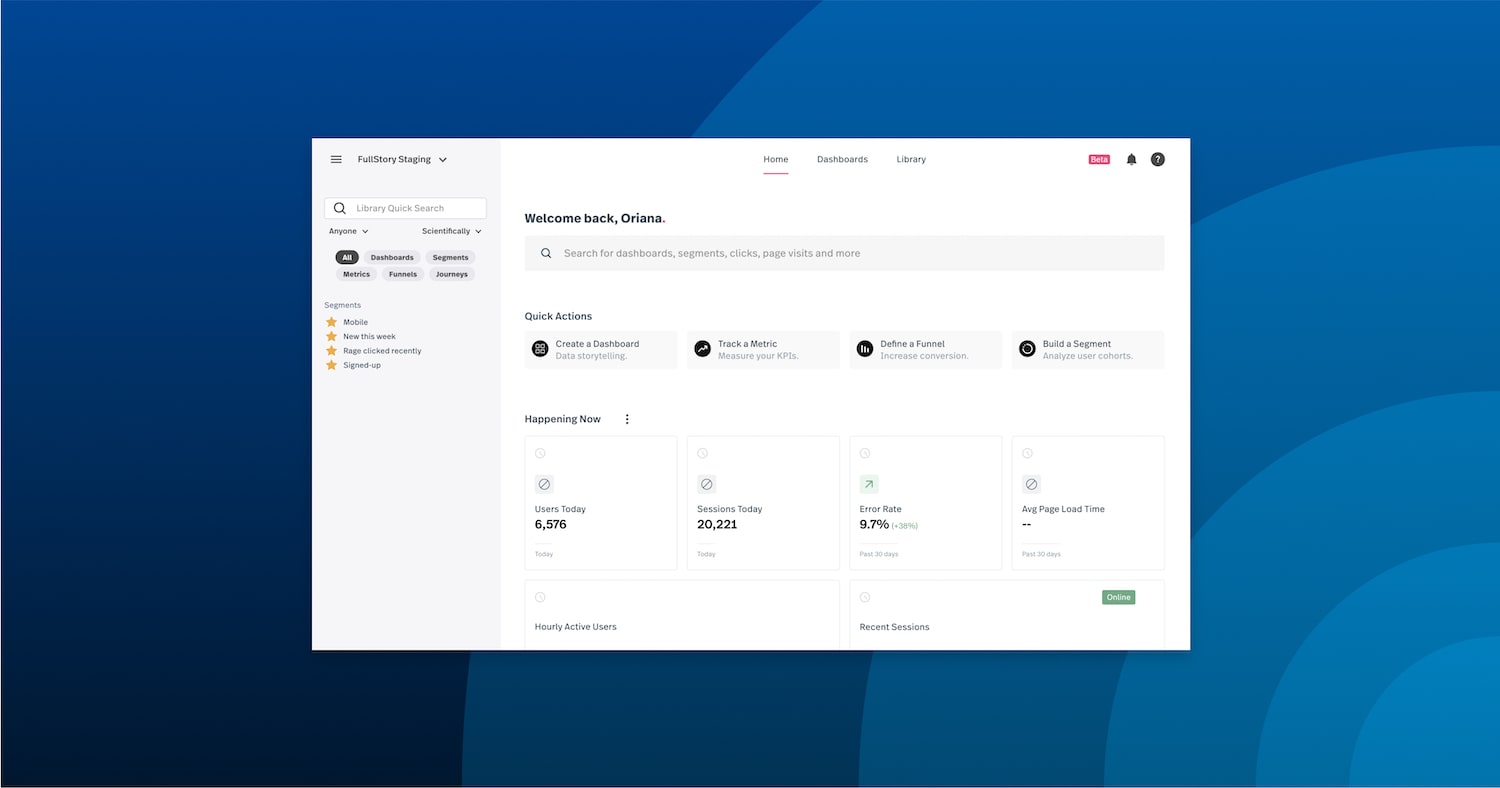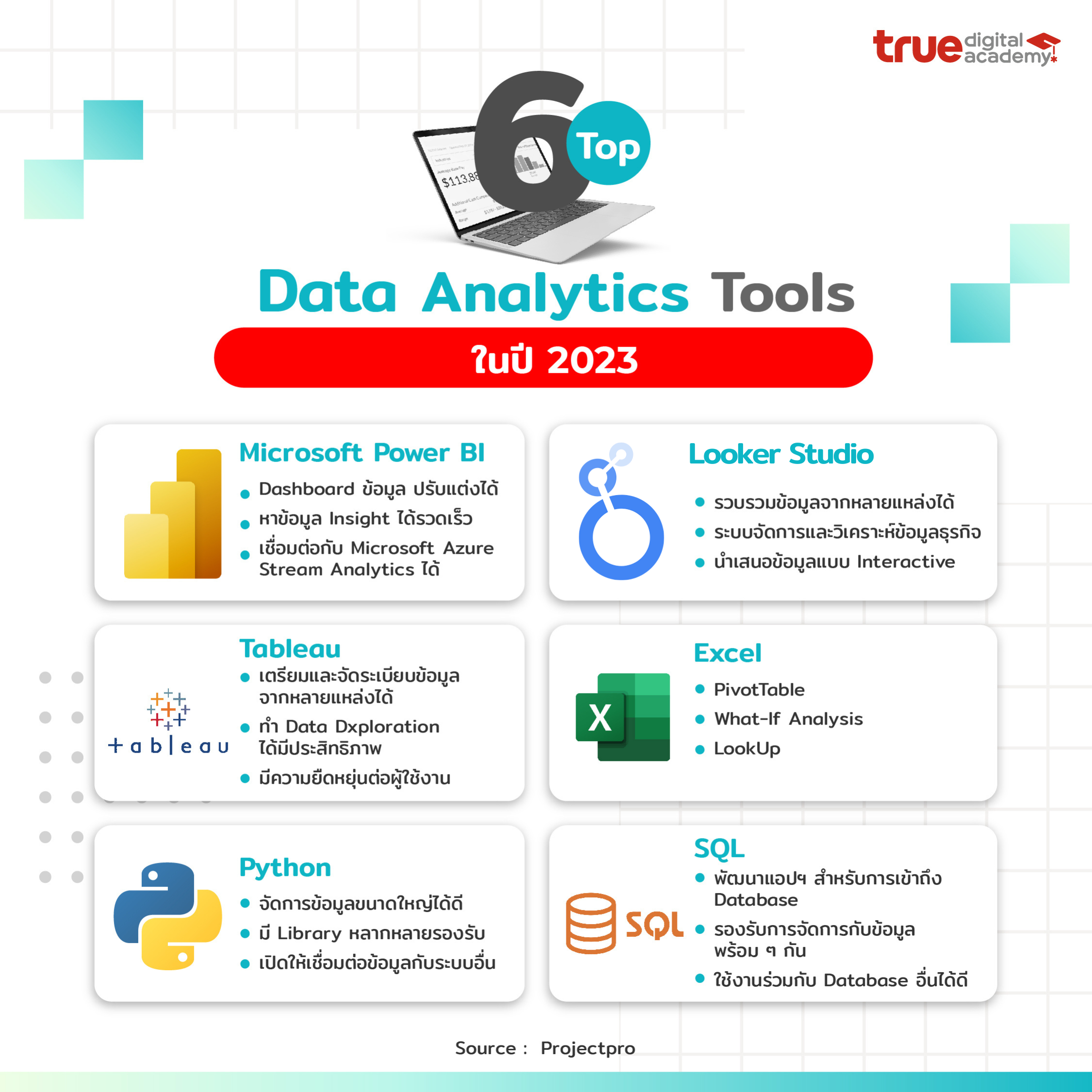Make The Most Of Development: Exactly How Analytics Drive Better Strategies
By using data insights, organizations can refine their functional strategies, prepare for market modifications, and improve client involvement. The challenge lies not just in accumulating information yet in properly interpreting it to drive tangible results.
Recognizing Data Analytics
Information analytics is a methodical computational evaluation of information that enables companies to reveal meaningful patterns and understandings. This procedure includes a selection of techniques, consisting of statistical evaluation, anticipating modeling, and data mining, which jointly intend to change raw information into workable details - Analytics. By utilizing these methodologies, companies can make informed decisions that are rooted in empirical proof as opposed to instinct alone
The structure of data analytics depends on its capacity to manage huge quantities of details from varied resources. This consists of structured information, such as databases, and unstructured information, including social networks communications and consumer responses. With the usage of specialized software and tools, experts can draw out and refine this information efficiently, determining trends and relationships that may not be quickly evident.
Recognizing data analytics also entails acknowledging the value of information high quality and stability. Trustworthy and accurate data is crucial for significant analysis; hence, organizations must carry out durable data administration methods. The repetitive nature of analytics permits for continual improvement and renovation of approaches, guaranteeing that organizations remain agile in the face of changing market characteristics and customer habits.
Key Benefits of Analytics

Among the vital benefits of analytics is its capacity to supply actionable insights. Organizations can swiftly assess vast quantities of data, discovering patterns that may not be quickly apparent. This assists in preparing for market changes and adapting methods appropriately. In addition, analytics fosters a culture of evidence-based decision-making, lowering reliance on instinct and guesswork.
An additional substantial advantage is boosted customer understanding. Analytics tools enable businesses to sector their target market, track consumer actions, and personalize advertising efforts. This targeted method not only boosts client engagement however additionally drives higher conversion rates.

Implementing Analytics Approaches
To completely recognize the benefits of analytics, organizations have to embrace organized approaches for implementation. This starts with plainly defining goals that straighten with wider company goals. By developing details, measurable outcomes, companies can focus their analytics efforts on areas that produce the highest possible roi.
Following, companies need to focus on data administration to make sure the integrity and security of the information being assessed. This includes establishing up protocols for data collection, storage space, and access while sticking to relevant laws. Making certain top quality information is crucial for producing purposeful understandings.
Furthermore, promoting a culture of data-driven decision-making is essential. This requires training workers to analyze analytics findings and motivating collaboration across divisions. They are a lot more likely to integrate insights right into their day-to-day procedures. when groups recognize the value of analytics.
Last but not least, organizations ought to consistently assess and fine-tune their analytics techniques. The landscape of data and innovation is consistently evolving, and staying adaptable will certainly allow organizations to leverage brand-new tools and techniques efficiently. By implementing these organized techniques, organizations can take full advantage of the influence of their analytics campaigns and drive sustainable development.
Tools for Reliable Evaluation
Effective evaluation relies upon a range of devices that assist in the extraction of insights from information - Analytics. These tools can range from simple spread sheet applications to advanced device finding out systems, each offering a distinct objective in the logical process
Information visualization software application, such as Tableau and Power BI, plays a critical function in changing complicated datasets right into understandable graphical representations. These devices allow experts to recognize trends and patterns rapidly, enabling more educated decision-making.
Statistical evaluation software, like R and continue reading this SAS, uses advanced capacities for carrying out extensive evaluations, consisting of regression, hypothesis testing, and anticipating modeling - Analytics. These functions encourage companies to attract purposeful final thoughts from their information, identifying potential opportunities and dangers
Furthermore, data source administration systems such as SQL and NoSQL databases offer the required framework for saving and quizing large quantities of data successfully. They guarantee that data is organized and obtainable for evaluation.
Lastly, business knowledge platforms incorporate various data resources, giving an extensive sight of business performance. By using these tools properly, organizations can enhance their logical abilities, enabling them to develop methods that make best use of growth and enhance general performance.
Study of Success
Successful companies typically take advantage of information analytics to drive impactful strategies, as evidenced by a number of significant instance researches. One noticeable example is Netflix, which makes use of advanced formulas to evaluate audience preferences and actions. By using these insights, Netflix has actually efficiently tailored its material suggestions, resulting in increased individual involvement and client retention. Their data-driven strategy has actually undoubtedly added to their condition as a leading streaming solution.

Furthermore, Starbucks utilizes information analytics to figure out ideal shop locations and improve its product offerings. By analyzing customer demographics and acquiring patterns, Starbucks effectively determines high-potential markets and customizes its menu to regional preferences, driving sales and client loyalty.
These study illustrate that reliable application of data analytics can result in tactical benefits, fostering technology and development within companies across numerous markets.
Final Thought
To conclude, the integration of analytics into business methods significantly improves decision-making procedures and fosters sustainable development. By leveraging data-driven understandings, services can recognize trends, expect market shifts, and enhance operations. The effective execution of analytics tools additionally supports dexterity and technology, enabling companies to browse competitive landscapes with higher accuracy. Inevitably, a commitment to analytics not only drives instant efficiency enhancements but also secures long-term success in an ever-evolving industry.
Information analytics is an organized computational analysis of data that i thought about this allows organizations to uncover purposeful patterns and understandings.Understanding data analytics also entails identifying the importance of information top quality and stability. Exact and trustworthy information is vital for significant analysis; thus, companies should carry out robust information governance practices.Following, organizations ought to focus on information administration to make see certain the integrity and safety of the data being assessed.Successful companies frequently take advantage of information analytics to drive impactful approaches, as shown by numerous notable case researches.